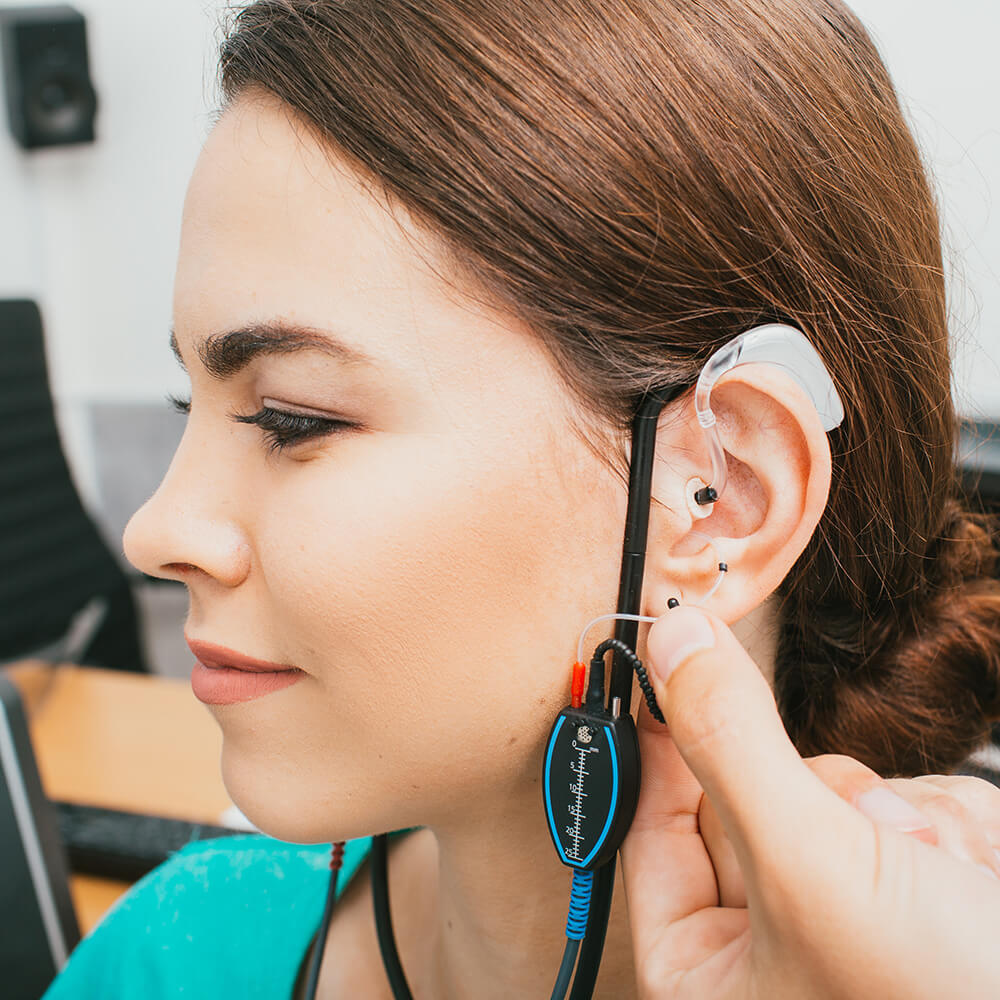
The most effective and efficient approaches to providing hearing healthcare are known as audiology best practices. Organizations, including the American Academy of Audiology and the American Speech Language Hearing Academy recommend these practices.
Here are some examples of audiology best practices:
- Comprehensive hearing evaluations: Audiologists should perform a thorough evaluation of a patient’s hearing abilities. This should include medical history, examination of the ears, and a range of hearing tests.
- Patient-centered care: Audiologists should provide personalized care based on the unique needs and preferences of each patient.
- Evidence-based practice: Audiologists should use the most current and reliable scientific evidence to guide their clinical decision-making.
- Counseling and education: Audiologists should provide counseling and education to patients on topics such as hearing loss, communication strategies, and hearing protection.
- Fitting and verification of hearing aids: Audiologists should use best practices when fitting and verifying hearing aids. Measurements to verify hearing aids are called real-ear measurement and ensure proper fit and optimal hearing.
- Ongoing follow-up and support: Audiologists should provide ongoing follow-up care and support to patients, which may include adjustments to hearing aids, cleaning of hearing aids, and monitoring of hearing abilities. Keep in mind some audiologist bundle this into their pricing and some do not. Ask you audiologist about follow-up care for your hearing aids.
- Interdisciplinary collaboration: Audiologists should work collaboratively with other healthcare professionals, such as otolaryngologists, primary care physicians, and speech-language pathologists, to provide comprehensive care to patients.
Key Factors To Choosing Your Audiologist
When it comes to your hearing healthcare, you have options. Choose an audiologist who listens to your needs and provides a thorough examination of your ears. The audiologist should be conducting a hearing evaluation that includes testing and personalized communication needs. Providing individualized care is crucial for achieving patient satisfaction.
Follow-up care and hearing aid verification play a crucial role in ensuring patient satisfaction. It is important to make sure that your audiologist completes Real Ear Measurement/Verification to ensure that your hearing aids are fitted properly. Ask your audiologist if they complete this testing.

Audiology Best Practices Conclusion
Overall, audiology best practices are focused on providing high-quality, patient-centered care that is based on the best available evidence and tailored to the unique needs of each patient. Denison Hearing follows these guidelines and uses to Real Ear Measurement verify each patient’s hearing needs.
